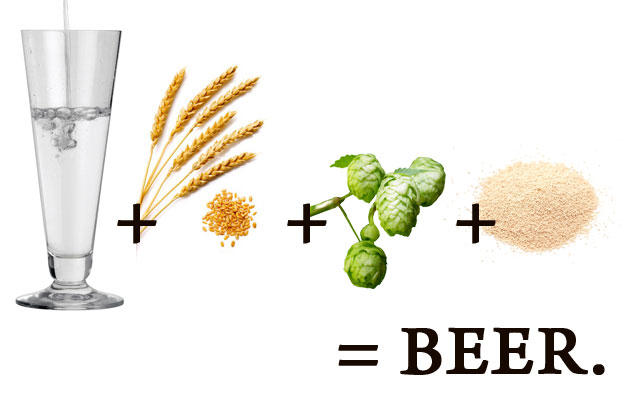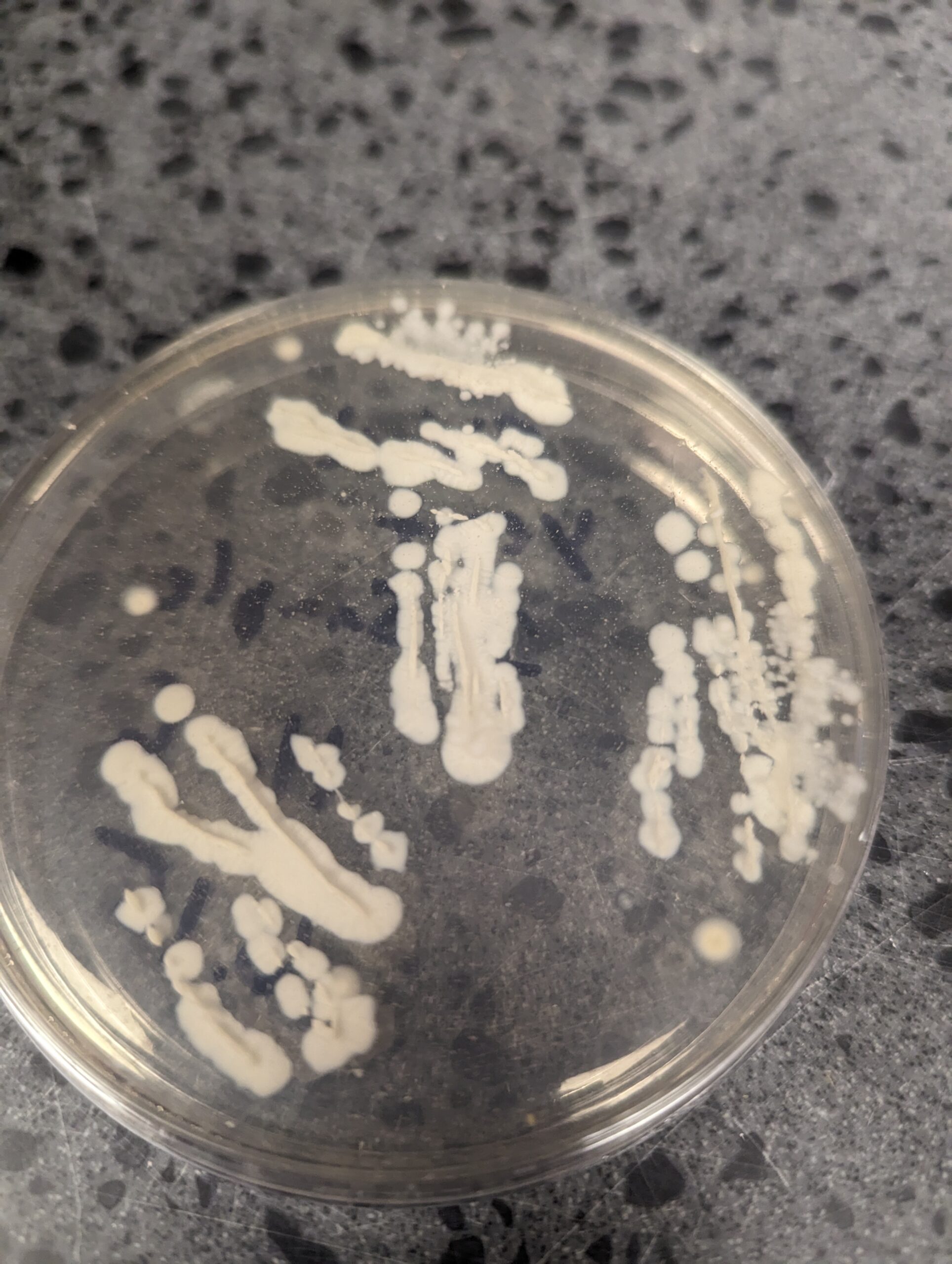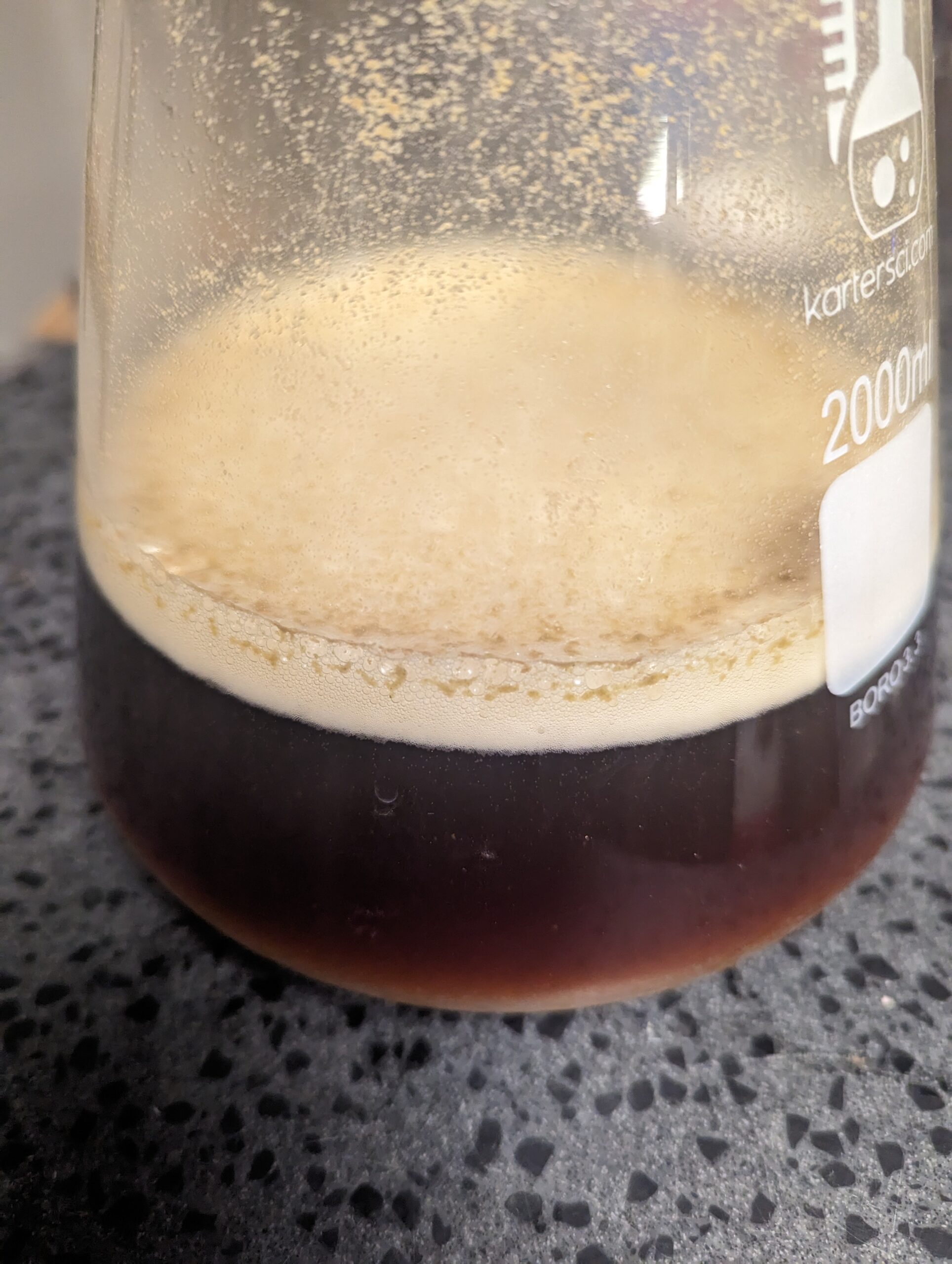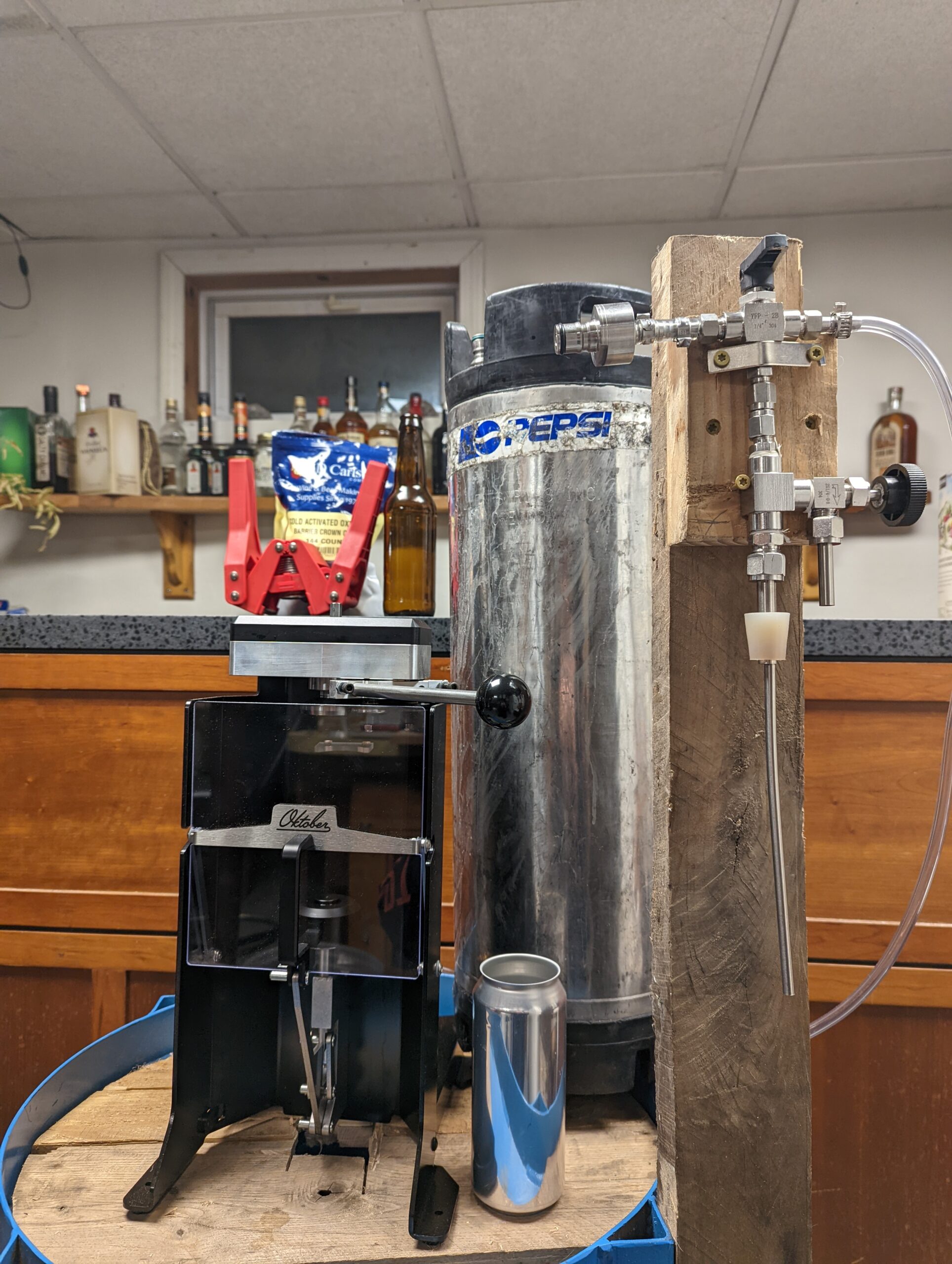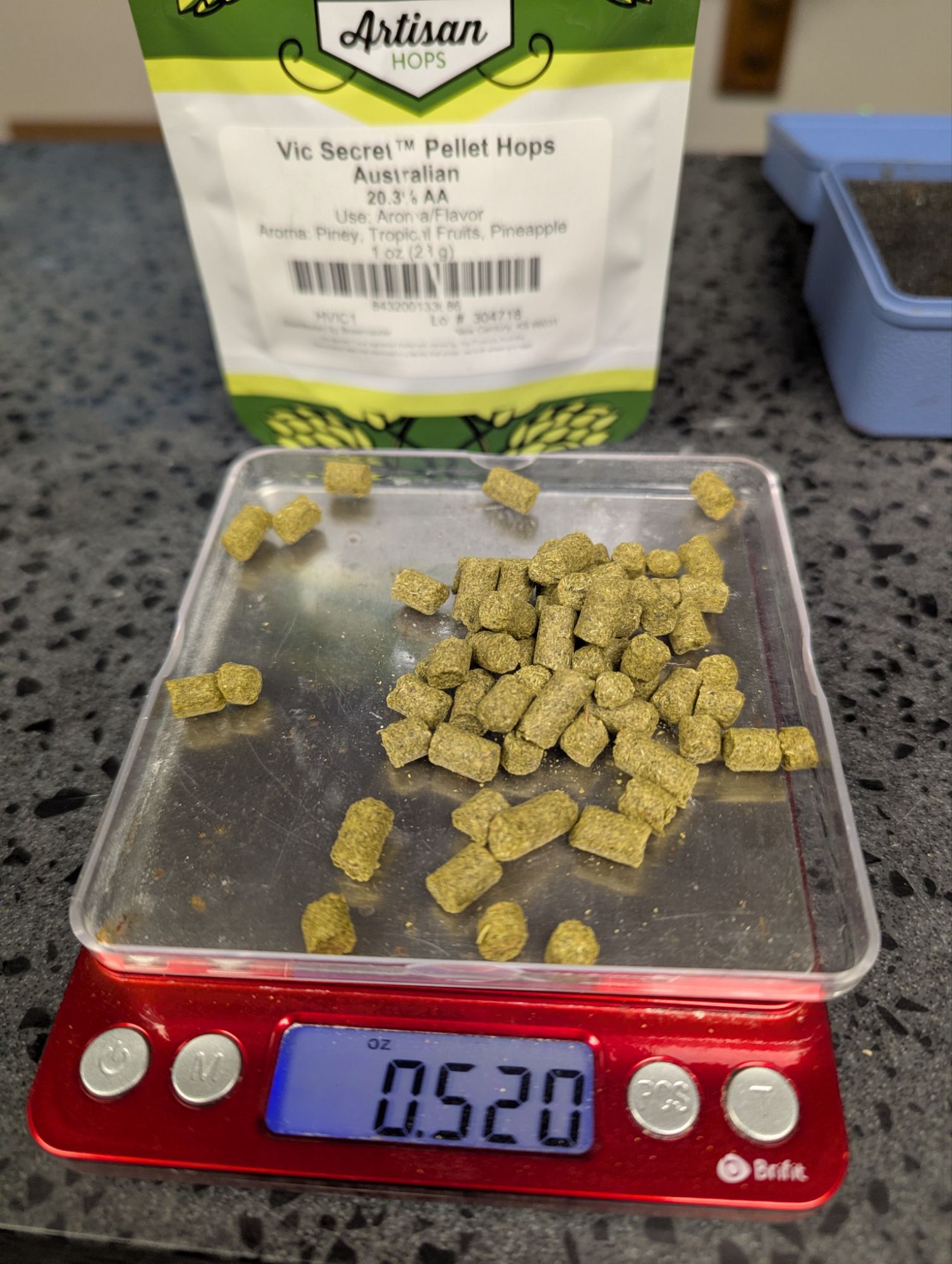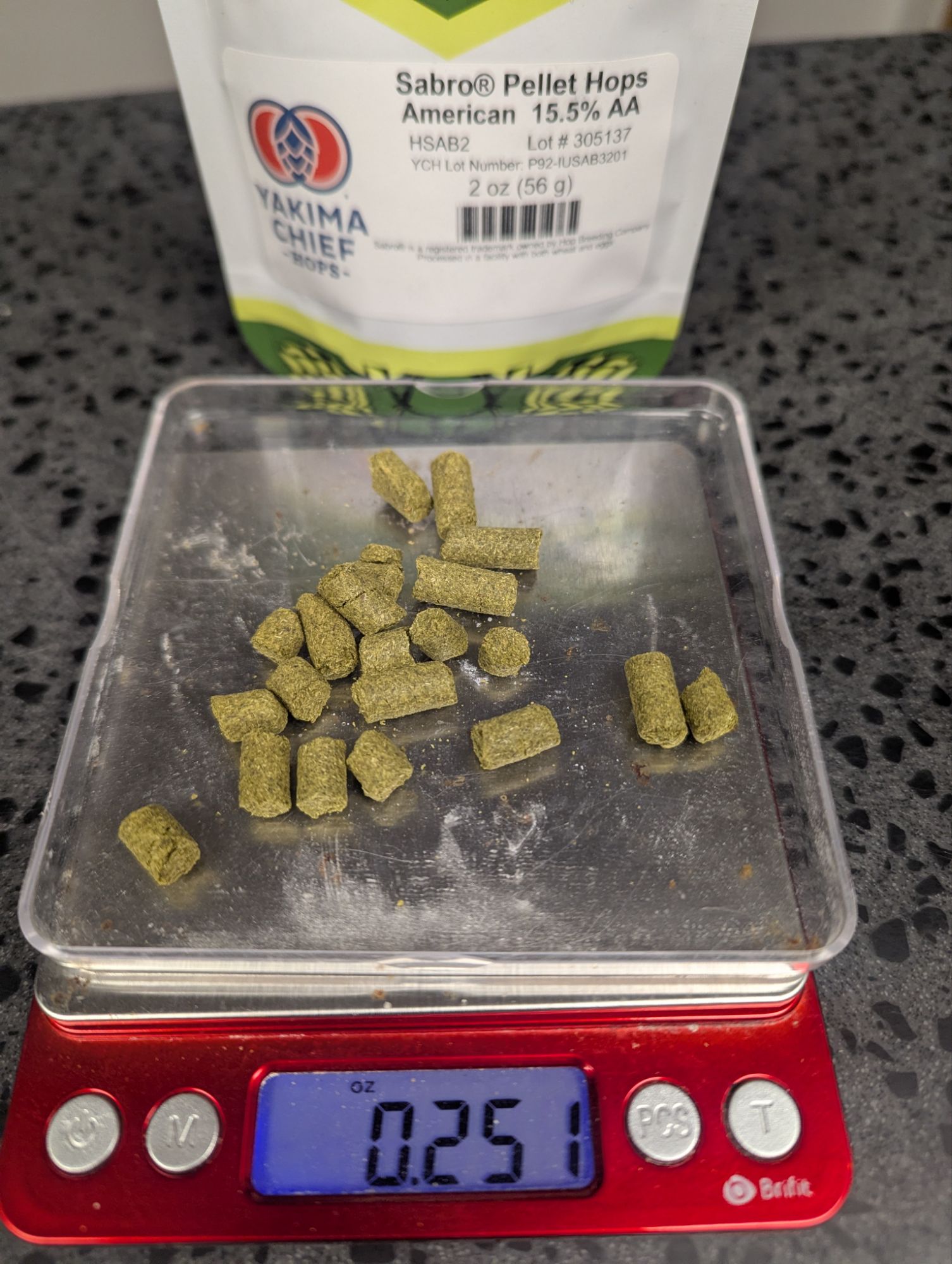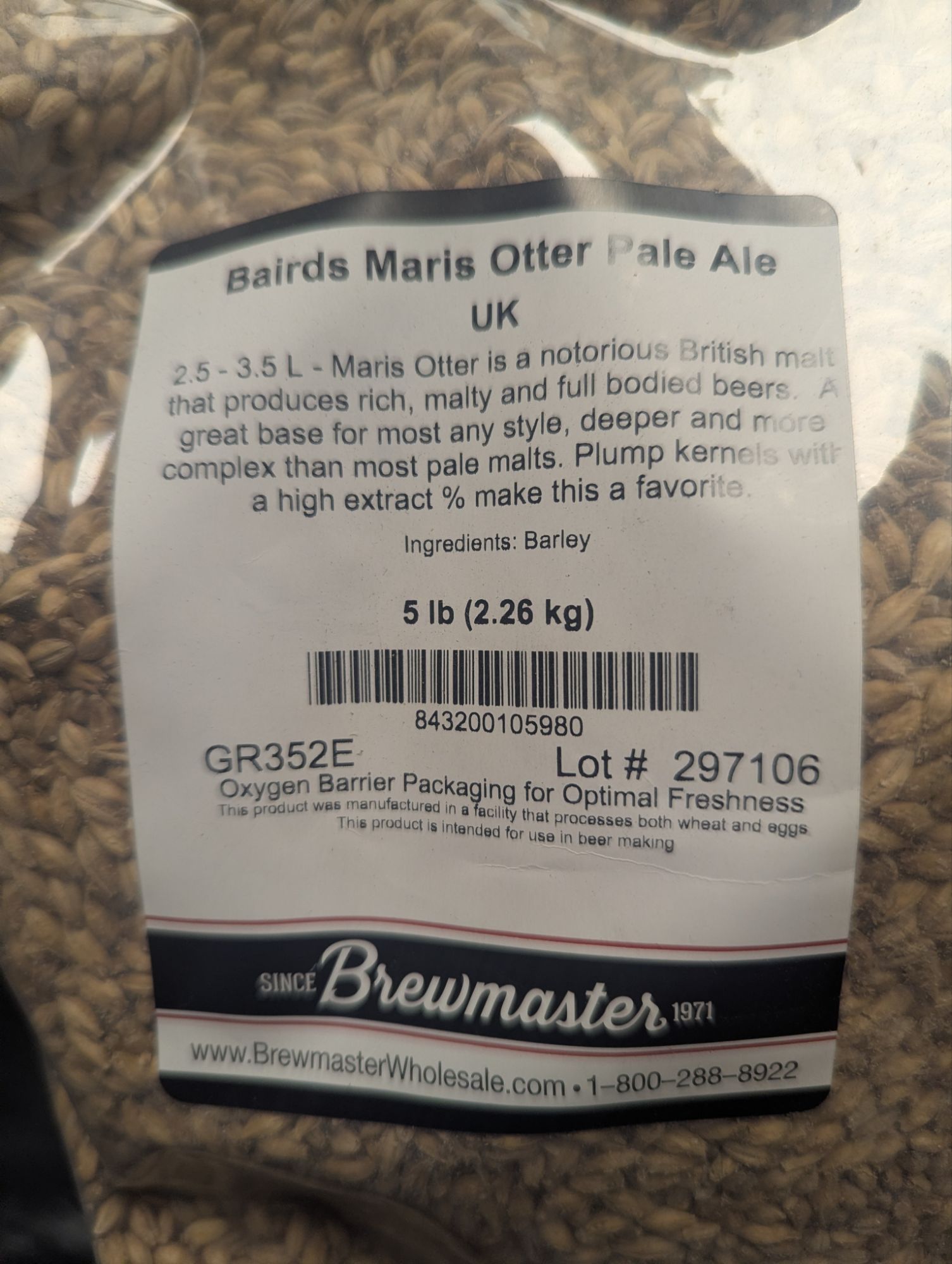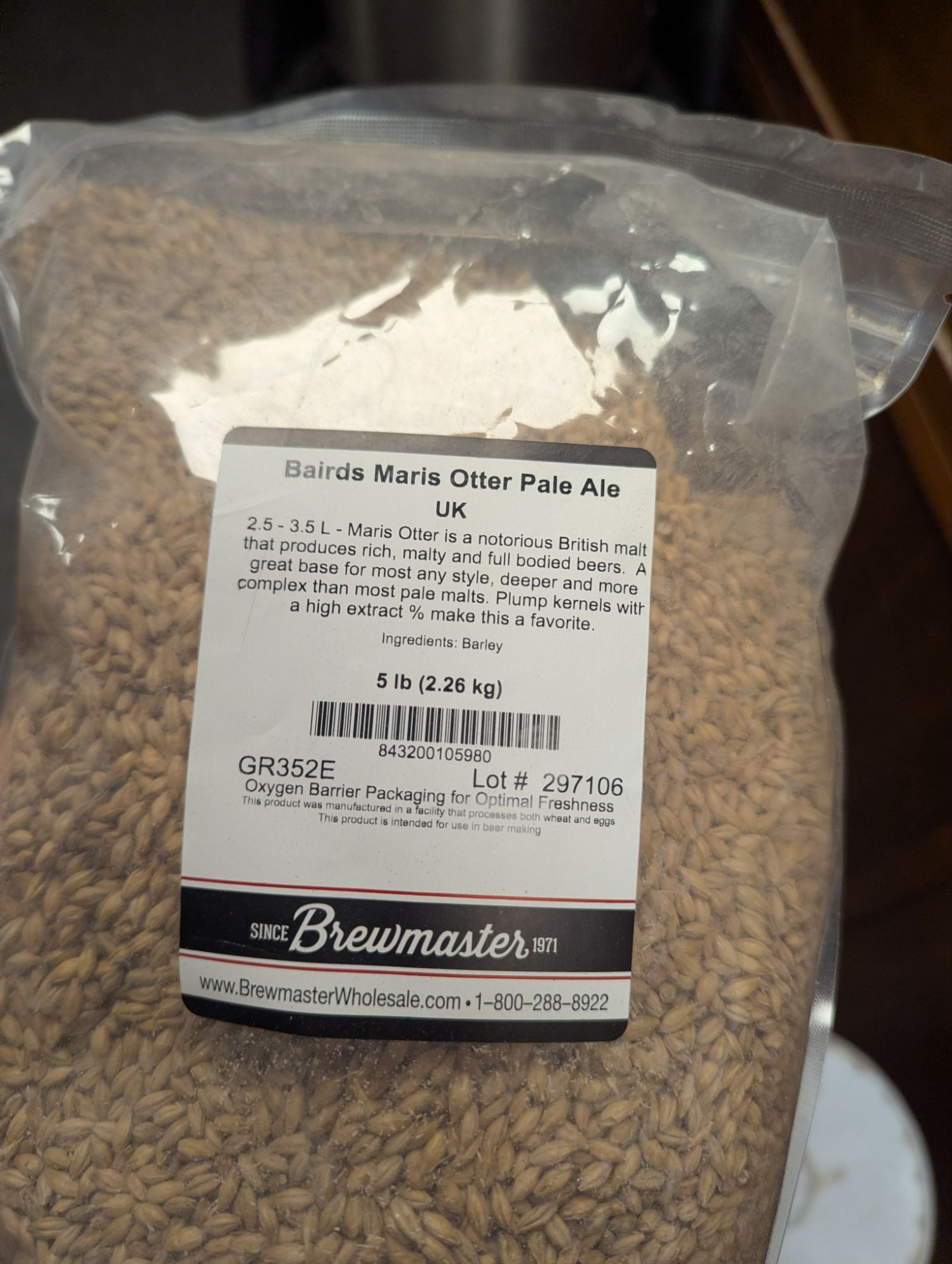Well first lets define what I consider main the ingredients in beer. While other may say there are more or less I’m going to look at the four ingredients that make up beer Water, Hops, Malt, and Yeast. All these are required to make a beer, in my mind, but does one trump over another? That is a good question and lets dig into each one.
Water, So this is what makes up most of your beer. Water varies all over the world and can even vary from house to house as there are a lot of factors on the source of your water. Water can be soft, it can be hard, can taste chlorine, can taste minerals, All these can get passed to the beer. So with that said, water could make or break a beer, especially since it makes up about 90% of your beer, or can it? They say if your water taste good your can brew with it and that is true to some point, knowing some side affects of lets say Chlorine in your water, which you will find in most town supplied water in some form or another. ” Chlorine reacts with yeast-derived phenols to create chlorophenols, which come across the palate as plastic-like or reminiscent of adhesive bandages. Switch to bottled water or simply allow your tap water to sit overnight: The chlorine will naturally diffuse into the air, and you’ll be ready to brew the next day.” quoted from beerandbrewing.com. To eliminate all issue with water I go to RO water that I collect the night before. Another option is distilled water at the store or spring water, but know what’s in it. You can usually look up spring water on the companies website. Example of Poland Springs water report 2020 Now if your going this route know you will need to add in brewing salts and that is something I’m still trying to figure out myself. 8) There is a lot to changing the flavor of beer with just the addition of brewing salts to your wort.
Hops, can range in the amount used depending on the style. They are used to preserve, bitter, flavor, and can attribute to the aroma of beer and you can click on the link above to read a lot more about it. They can go bad after time or if stored improperly and can give you some grassy, vegetal, and potential musty notes in your finished beer along with others not noted here. Hops are used to balance out flavors, provide more flavor, and flavors can range very far, from piney to fruity. Some say that you can’t have enough hops, I say you can, especially when it comes to bittering additions which can cause a harsh bitterness that I know I don’t like. Now dry hoping depending on the variety can create a lot of different flavors.
Malt, can also range in the amount used depending on the style and what your are looking for in the beer and you can click on the link above to read a lot more about it. These can also go bad after time or if stored improperly and can also give you grassy notes. Malt is used as the primary sugar for the yeast to eat to create the alcohol. This can also affect the flavor of the end beer depending on the varieties of malt out there.
Yeast, is a one celled fungus that basically eats sugar and converts it to alcohol and CO2. Of coarse there is a lot more to it than that but that is the basics of yeast and you can click on the link above to read a lot more about it. As mentioned yeast is what converts the sugars to alcohol. Since yeast is a living thing it can be affect by a lot from temperature to pressure can affect what the yeast outputs. The way I look at it, If you were standing in a hot summer day you don’t want to do a lot of work and the work you do isn’t your best. If someone is holding you down, pressure from environment in yeast, the work performed is less and not your best. My research and understanding of yeast that is how I perceive it.
I can go a lot more in depth in each of these ingredients but was just trying to highlight what they do in order to help me answer the question that I proposed. Out of all those ingredients what is the most important one? Water can definitely make a difference in your end beer and if you take some simple processes you don’t need to do much with water a simple RV filter and or campden tablet that will filter out some of the chlorides and other items, this will allow you to make most if not all beer styles. With hops as long as they are fresh and stored property not too much can go wrong with them and same goes for the malt. As long as you got good clean processes not a lot will affect those two items. Now Yeast, temperature can play a big role on what your outcome of your beer will be. If you ferment too warm you will end up with some pretty bad off flavors and if you ferment to cold it may not ferment and if it does make not ferment out how you like it.
I have concluded that to me its up in the air between yeast and water. I tend to lean more toward yeast as the few bad batches I had were from yeast, either temperatures were off or didn’t pitch enough and stressed the yeast causing some really interesting flavors. My first year of brewing I didn’t touch my water and had decent beers. I have decent water in my area and is pretty consistent so that is another reason I tend to lean toward yeast more. What are your thoughts? Do you agree or disagree? Like most I’m still learning and always open to hear everyone’s thoughts.


